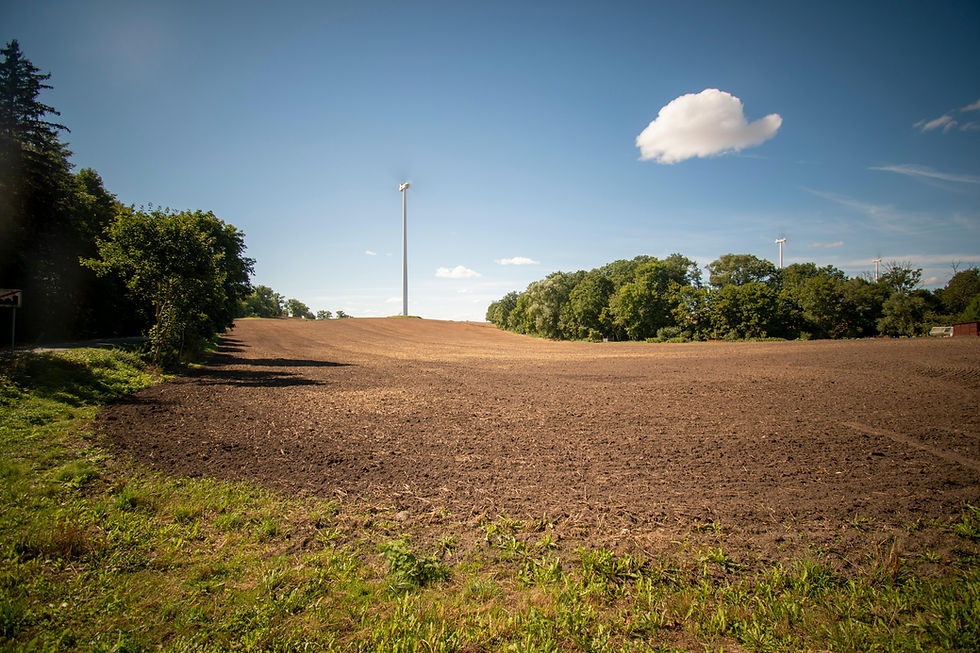Biogas plays a vital role in promoting sustainability, reducing carbon footprints, and creating a cleaner, greener future.

Biogas
Biogas is a renewable energy source produced from the natural breakdown of organic matter, such as agricultural waste, food scraps, manure, and sewage, through a process called anaerobic digestion. This process occurs in the absence of oxygen, generating a mixture of gases, primarily methane (CH₄) and carbon dioxide (CO₂), which can be used as a clean fuel for electricity generation, cooking, heating, and even as a vehicle fuel.

A Powerful Solution for Reducing Greenhouse Gas Emissions
Biogas plays a crucial role in lowering greenhouse gas emissions by capturing methane, a potent gas that would otherwise escape into the atmosphere from organic waste decomposition. Since methane has a much higher global warming potential than carbon dioxide, utilizing it as an energy source helps mitigate climate change.
By converting agricultural, industrial, and household waste into clean energy, biogas not only prevents harmful emissions but also provides a renewable alternative to fossil fuels. This sustainable process supports a circular economy, reduces landfill waste, and contributes to cleaner air, making biogas a key player in the transition to a greener future.

A Natural Fertilizer for Healthy Soil
Digestate is the nutrient-rich byproduct of the biogas production process, left behind after organic materials break down in an anaerobic digester. This organic fertilizer is packed with essential nutrients like nitrogen, phosphorus, and potassium, which are crucial for plant growth and soil enrichment.
Unlike chemical fertilizers, digestate improves soil structure, enhances water retention, and promotes microbial activity, leading to healthier and more sustainable farming practices. By recycling organic waste into a valuable soil amendment, digestate reduces the need for synthetic fertilizers, minimizes environmental pollution, and supports eco-friendly agriculture.

A Cost-Effective Energy Solution
Biogas plants are an economically viable alternative to traditional energy infrastructure, requiring significantly lower investment and maintenance costs. Unlike large-scale fossil fuel-based power plants, biogas systems are modular and scalable, allowing for easier installation and adaptation to local waste resources.
The initial investment in a biogas plant is typically lower due to its smaller size and reliance on existing organic waste as raw material. Additionally, biogas plants can generate electricity and heat locally, reducing the need for costly energy transmission infrastructure. The ability to turn waste into energy also helps offset operating costs, making biogas plants a cost-effective and sustainable energy solution for both rural and urban areas.
